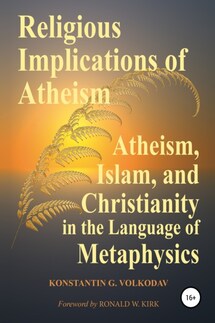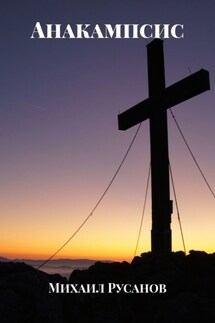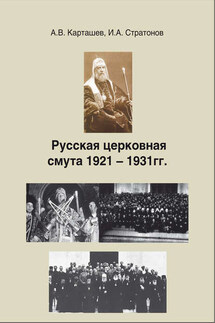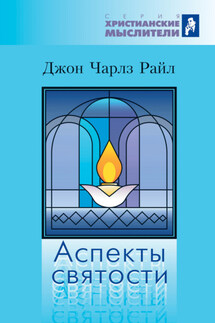Religious Implications of Atheism - страница 31
At the same time, God does not belong to a particular religion or confession (Acts 10:34–35). “He makes his sun rise on the evil and on the good, and sends rain on the righteous and on the unrighteous” (Matt. 5:45). He does not discriminate, but looks at the heart of a person. A person can be mistaken mentally, but be pure in heart and pray truly, and maybe vice versa.
Thus, all the verbal definitions of the Church are similar to the description of a temple as an architectural work. You can go to it for years, but do not understand its difference from any other building. And you can sit in the silence of an empty temple and feel that this is the place of meeting with God, the place of his particular presence. Similarly, one can understand (or not understand) what the Church is. The definitions of the Church describe it only from the outside, from within it is the mystery of the life of the soul in God, the mystery of meeting, presence and intercommunication. People are attached to this mystery in varying degrees. On the one hand, the members of the Church through baptism are clothed in Christ, through chrismation receive the gifts of the Holy Spirit. On the other hand, God does not violently invade human life, and members of the Church have the freedom to sin. Therefore, in the Church there are, as it were, different currents. All people are sons of God by vocation, that is, sonship is already there, but at the same time it is still in the stage of formation, in the stage of building a miracle of mutual love and love for God. This is another paradox: Christians have already achieved the goal, but at the same time only on the way to it, are attached to the eternal Kingdom of God, but are in the temporal kingdom of this world. History and eternity are inseparably united in the Church: everything is already completed, but at the same time it is still in the making.
Thus, Christianity is paradoxical in every point, but on its historical path it is closely intertwined with its opposite—orthodoxy, which is a consequence of the impact of sinful origin and paganism. However, it should be noted that here the term “orthodoxy” has no relation to the name of the Greek Orthodox Church, which appeared due to the Great Schism of 1054, but applies to all confessions and to the whole history of the Church, including the Old Testament.
St. Cyprian of Carthage said that the custom without truth is only an old misconception. [55] Therefore, a thoughtful interpretation of the whole church history is necessary. It is necessary to separate the good from the bad (Matt. 13:48) and to assess the apparent apostasy of historical Christianity from Christ and the Gospel. A good example is the history of the Israeli people, written in the Old Testament. Everything is frankly portrayed there: the people as whole and individual personalities in one form or another very often adopted paganism adopted the customs of idolaters. Nevertheless, God did not leave them, which is repeatedly emphasized in the Bible. Therefore, it is necessary to comprehend two ways, paradoxical and orthodox, and correcting the approach to spiritual life accordingly. Until it happens in the Church, there will be a terrible contradiction between words and real deeds.
God versus Religion
Any criticism of Christianity as a religion must be preceded by a preamble that it has two components: the “religious” and the “personal” (personal experience). We must say that the “religious” component for centuries been influenced by political, social and cultural factors.






